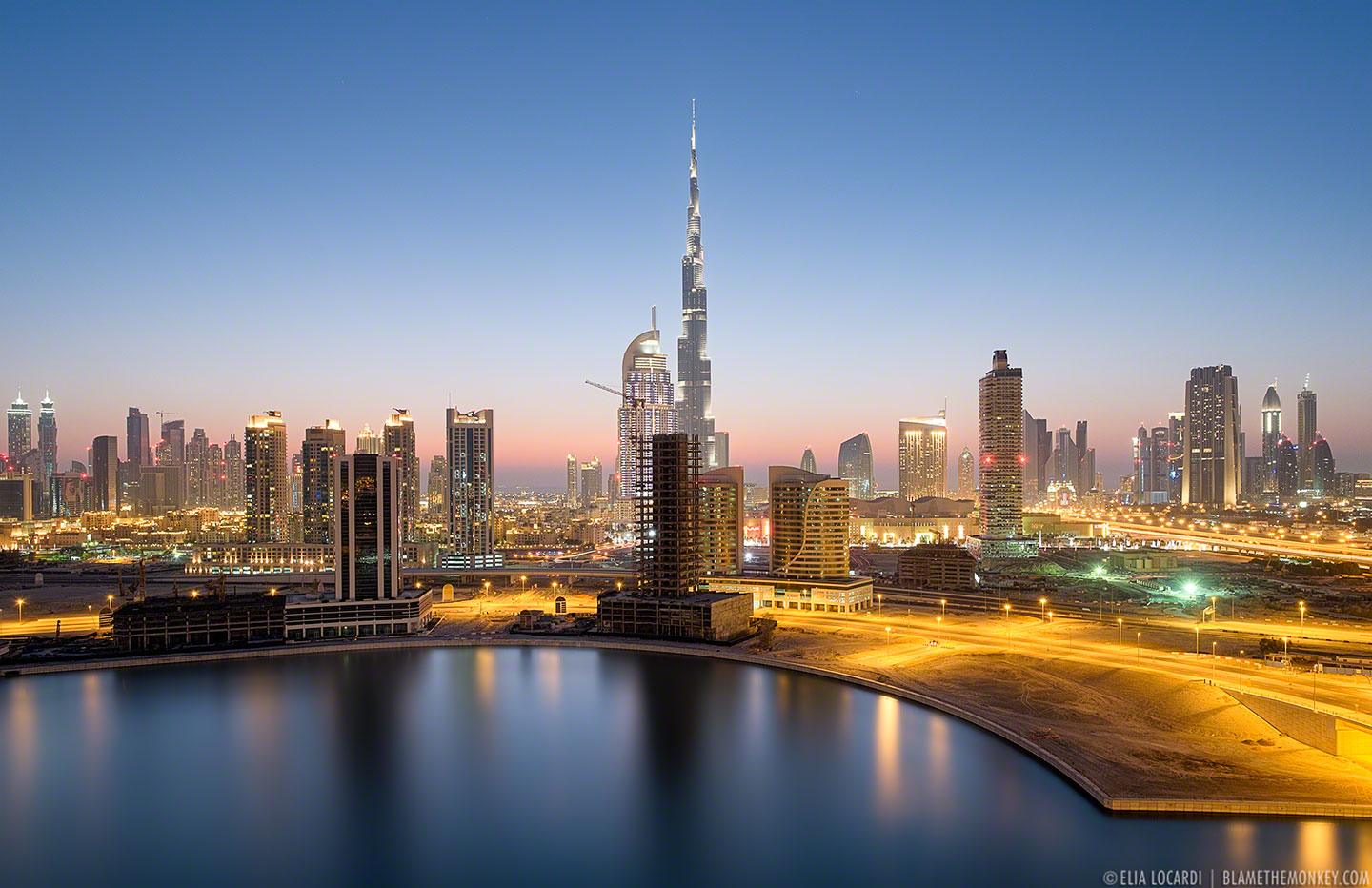A struggle for power in Sudan could lead to civil war
SAMAHIR MUBARAK, a 29-year-old pharmacist, points to a television in the corner of her living room. On the flickering screen a presenter warns viewers not to pick up the weapons that litter the streets of Sudan’s capital, Khartoum. “Peaceful, always peaceful,” urges the presenter of “Sudan of Tomorrow”, a new TV channel.
For Ms Mubarak, the channel is a source of hope. She is an organiser of the peaceful protest movement that prompted the army to oust Sudan’s murderous dictator, Omar al-Bashir, in April. On June 3rd, however, security forces killed more than 100 peaceful demonstrators, including 19 children. Since then, the capital has been in lockdown. The internet has been switched off and hundreds have been arrested. Many activists have gone into hiding. Television, Ms Murabak explains, is now one of the few ways to mobilise people against the Transitional Military Council, the junta that replaced Mr Bashir and is refusing to hand power to civilians. “If you look at people’s faces there is anger,” she says. “How can we accept military rule now?”
There is little open rebellion. Most people stay at home, afraid of the Rapid Support Forces (RSF). This paramilitary group of perhaps 30,000 men, which is rampaging through the capital, grew out of the Janjaweed, a genocidal militia that has terrorised Darfur for two decades...























